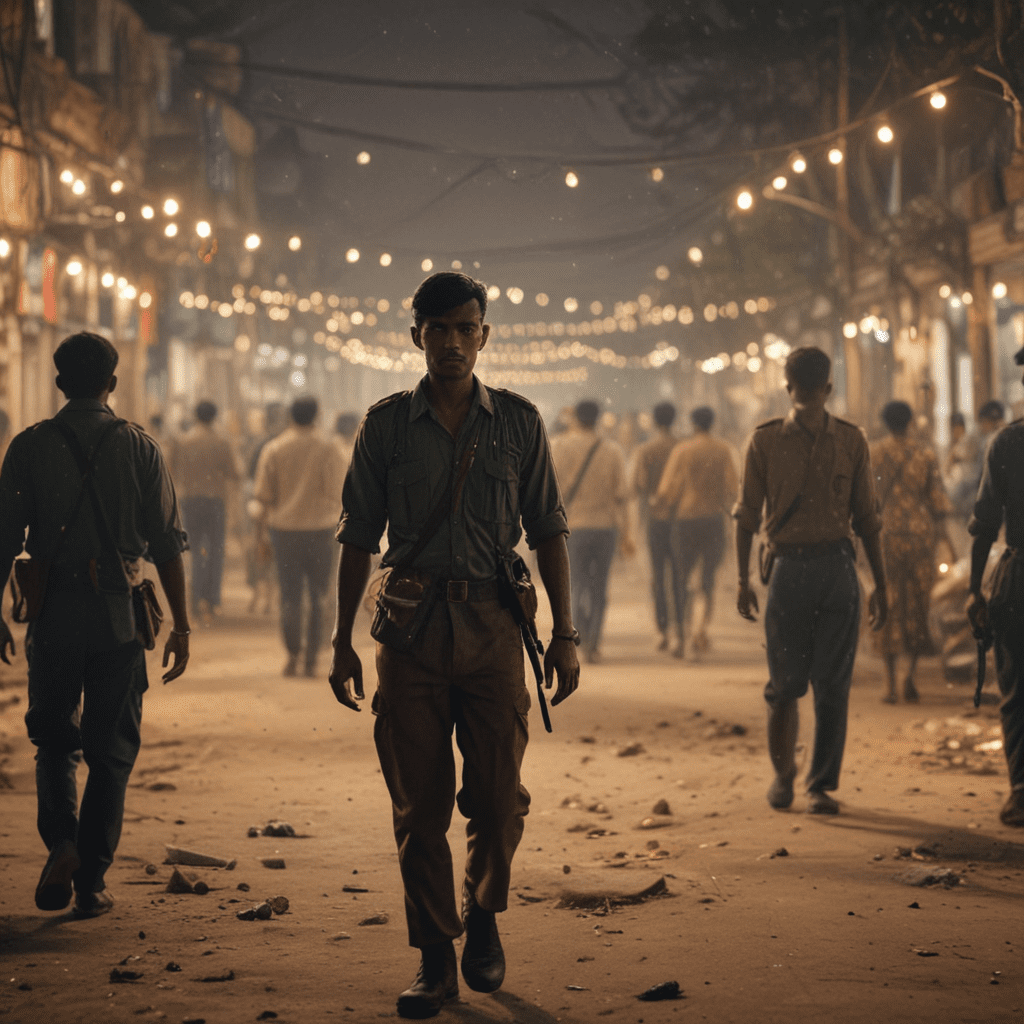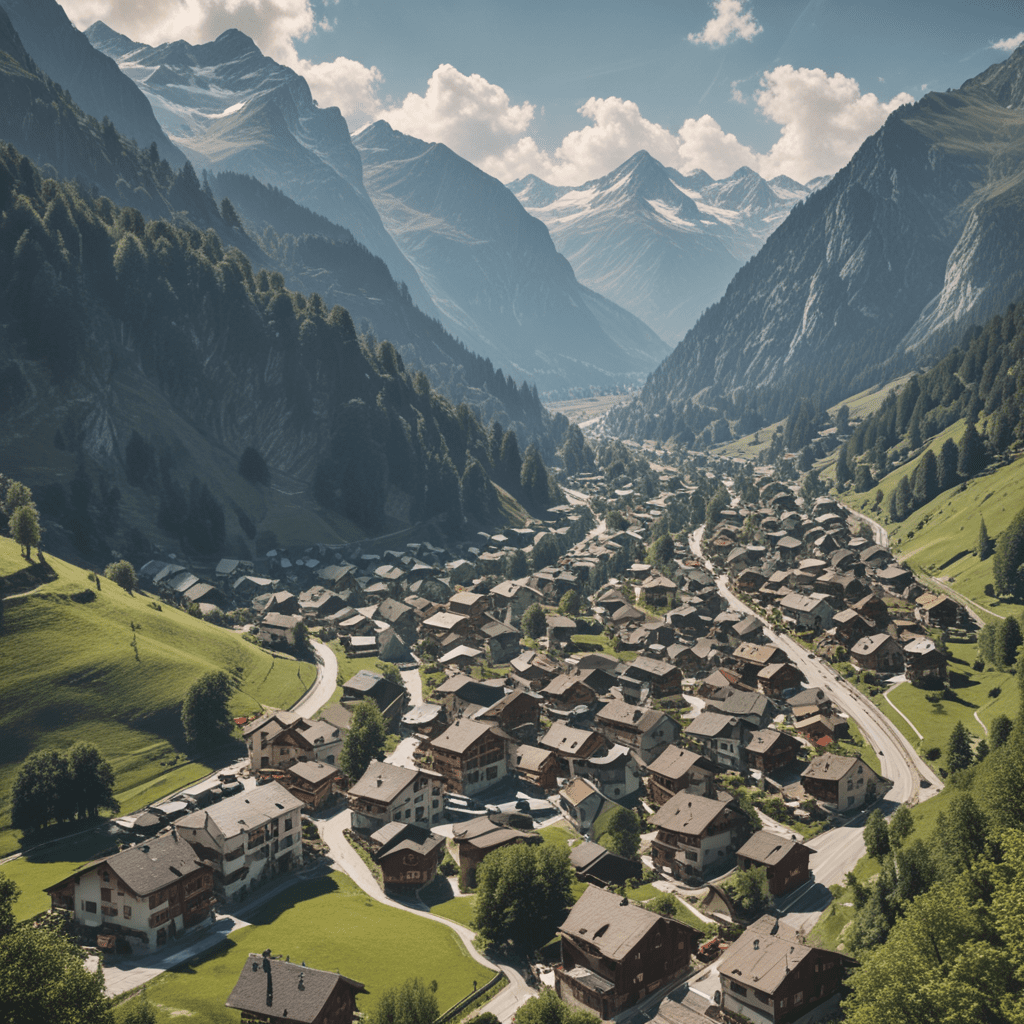
Discovering the History of Liberation War in Bangladesh
1. Introduction
The Liberation War of Bangladesh stands as a monumental event in the nation's history, marking the birth of an independent Bangladesh. This epic struggle against Pakistani rule culminated in the triumph of the Bangladeshi people's aspirations for self-determination. Delving into the history of this pivotal war unveils a compelling narrative of resilience, sacrifice, and triumph.
2. Historical Background: Colonial Rule and Partition
Bangladesh's path towards independence was shaped by its colonial past and the partition of British India in 1947. Under British rule, Bengal was divided into two separate entities: East Bengal (which became East Pakistan) and West Bengal (which became part of India). This arbitrary division sowed the seeds of discontent among the people of East Bengal, who felt marginalized and neglected by the Pakistani government headquartered in West Pakistan.
3. Rising Tensions and Nationalist Movement
Economic and political disparities between East and West Pakistan fueled growing resentment and a burgeoning nationalist movement in East Bengal. The Awami League, led by Sheikh Mujibur Rahman, emerged as the dominant political force, championing the rights and autonomy of the East Pakistani population. Their demand for greater autonomy, known as the Six Points Movement, brought them into direct conflict with the Pakistani government.
4. Prelude to the War: Awami League’s Victory and Military Crackdown
In the 1970 general elections, the Awami League secured a landslide victory in East Pakistan. However, the Pakistani military refused to transfer power, triggering widespread protests and civil unrest. As tensions mounted, the Pakistani military launched a brutal crackdown on March 25, 1971, targeting Bengalis and Awami League supporters. This crackdown sparked a mass exodus of refugees into neighboring India, while armed resistance against Pakistani forces emerged in East Bengal.
5. Declaration of Independence and the Liberation War
On March 26, 1971, Sheikh Mujibur Rahman declared Bangladesh's independence from Pakistan. This declaration marked the official start of the Liberation War. The conflict escalated into a full-fledged war between the Pakistani military and the Mukti Bahini, the guerrilla forces of Bangladesh. The war drew international attention and support, particularly from neighboring India, which provided sanctuary and military training to the Mukti Bahini.
, freedom fighters, and ordinary citizens, played a pivotal role in the Liberation War. They waged guerrilla warfare against the Pakistani military, using hit-and-run tactics and local knowledge to their advantage. International support for the Bangladeshi cause was crucial, with India providing significant military and logistical assistance. Other countries, such as the Soviet Union and the United States, also expressed diplomatic and moral support.
7. Events and Key Battles of the War
The Liberation War was characterized by fierce fighting and heroic battles. One of the most notable was the Battle of Garibpur, where the Mukti Bahini dealt a major blow to the Pakistani forces. The war also witnessed the emergence of iconic figures, such as Major Ziaur Rahman, who later became the President of Bangladesh. As the conflict progressed, the Pakistani military resorted to atrocities and war crimes against the civilian population.
8. Surrender of Pakistani Forces and End of the War
In December 1971, the Pakistani forces surrendered to the joint forces of the Mukti Bahini and the Indian Army. The surrender marked the end of the Liberation War and the birth of the independent nation of Bangladesh. Sheikh Mujibur Rahman returned to Bangladesh from exile and became the first Prime Minister of the newly formed country.
9. Consequences and Legacy of the Liberation War
The Liberation War left a profound impact on Bangladesh. The war resulted in the tragic loss of countless lives and the displacement of millions of people. However, it also ignited a sense of national pride and unity among the Bangladeshi people. The war led to the establishment of a democratic government and paved the way for Bangladesh's economic and social development.
10. Preserving and Honoring the History
The history of the Liberation War is deeply ingrained in the national consciousness of Bangladesh. The country has established museums, memorials, and educational institutions to preserve and honor the memory of those who fought for independence. The war continues to be a source of inspiration and a reminder of the sacrifices made by the Bangladeshi people in their quest for freedom.
FAQs
Q: When did the Liberation War of Bangladesh take place?
A: The Liberation War took place from March 26 to December 16, 1971.
Q: Who was the leader of the Awami League during the war?
A: Sheikh Mujibur Rahman was the leader of the Awami League and the first Prime Minister of Bangladesh.
Q: What was the name of the guerrilla forces of Bangladesh?
A: The Mukti Bahini were the guerrilla forces of Bangladesh.
Q: Which country provided significant military assistance to Bangladesh during the war?
A: India provided significant military and logistical assistance to Bangladesh during the war.
Q: When did Bangladesh gain independence?
A: Bangladesh gained independence on December 16, 1971.
